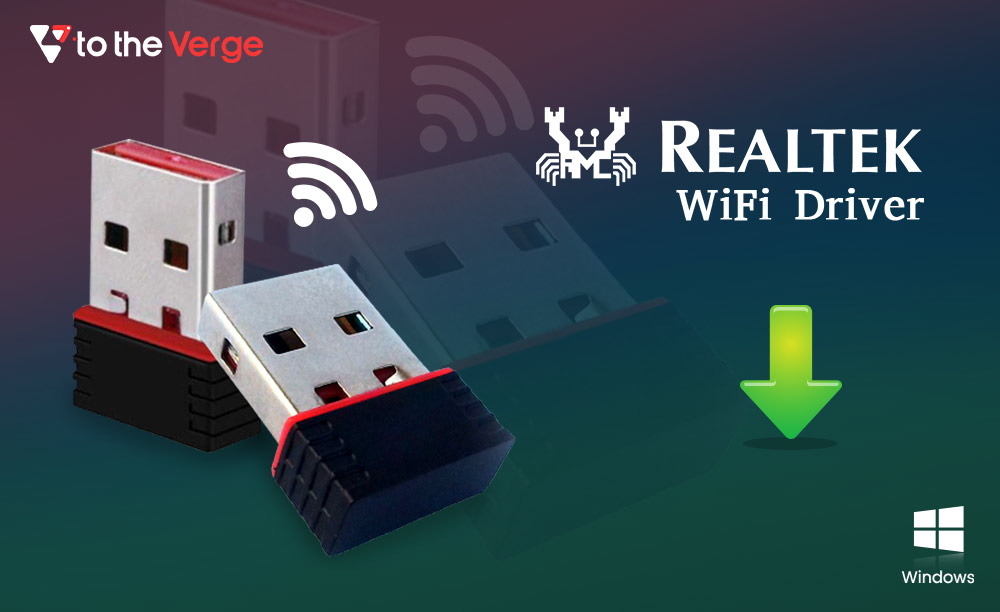On Thursday, Skechers, a well-renowned fashion brand, announced entering the Metaverse. The brand is the first-ever company to sign a lease in the Fashion District of Decentraland, the Ethereum-based virtual world.
The lease agreement for the 5,000 sq ft space will allow Skechers to build an experimental store on Decentraland’s Fashion District, hosting the first-ever Metaverse Fashion Week from 24th to 27th March.
The company also filed trademark applications worldwide to sell virtual goods such as footwear and clothing, setting the foundation for new development opportunities in Metaverse.
Michael Greenberg, Skechers President, said that this Decentraland agreement is an investment in their future. They look forward to embarking on this virtual era and exploring creative ways to engage with new customers and audiences as they launch the unique Skechers experience.
Worldwide lifestyle footwear, clothing, and accessory designer, developer, and marketer, Skechers multiplatform campaigns offer the newest fashions and comfort technology to billions of people worldwide—from fashion trends to work shoes, performance advancements, charity collections, and children’s styles. The Company plans to reach $10 billion in annual sales by 2026 by surpassing its $6.29 billion revenue in 2021.
Skechers is one of many fashion brands that have already staked their claim on digital land, including Philipp Plein, who recently purchased a significant 1.4 million dollar plot in Decentraland.
Skechers, a leading shoe manufacturer
Skechers USA, Inc., based in Southern California, creates, promotes, and develops a diverse range of lifestyle and performance footwear, clothing, and accessories for men, women, and children.
The company’s collections are accessible in the United States and over 180 countries and territories via department and specialty shops and direct to customers through 4,306 company and third-party-owned retail locations and e-commerce websites.
A network of distributors, joint venture partners in Asia, Israel, and Mexico, and wholly-owned subsidiaries in Canada, Japan, India, Europe, and Latin America help the company manage its international activities.
Our aim is to chase the future, innovations, and the latest trends of all things tech. We love to interact with industry experts, understand their diverse and unique perspectives, and spread their ideas.







![How to Update and Reinstall Keyboard Drivers on Windows 10/11 [A Guide]](https://wpcontent.totheverge.com/totheverge/wp-content/uploads/2023/06/05062841/How-to-Update-and-Re-install-Keyyboard-Drivers-on-Windows-10.jpg)
